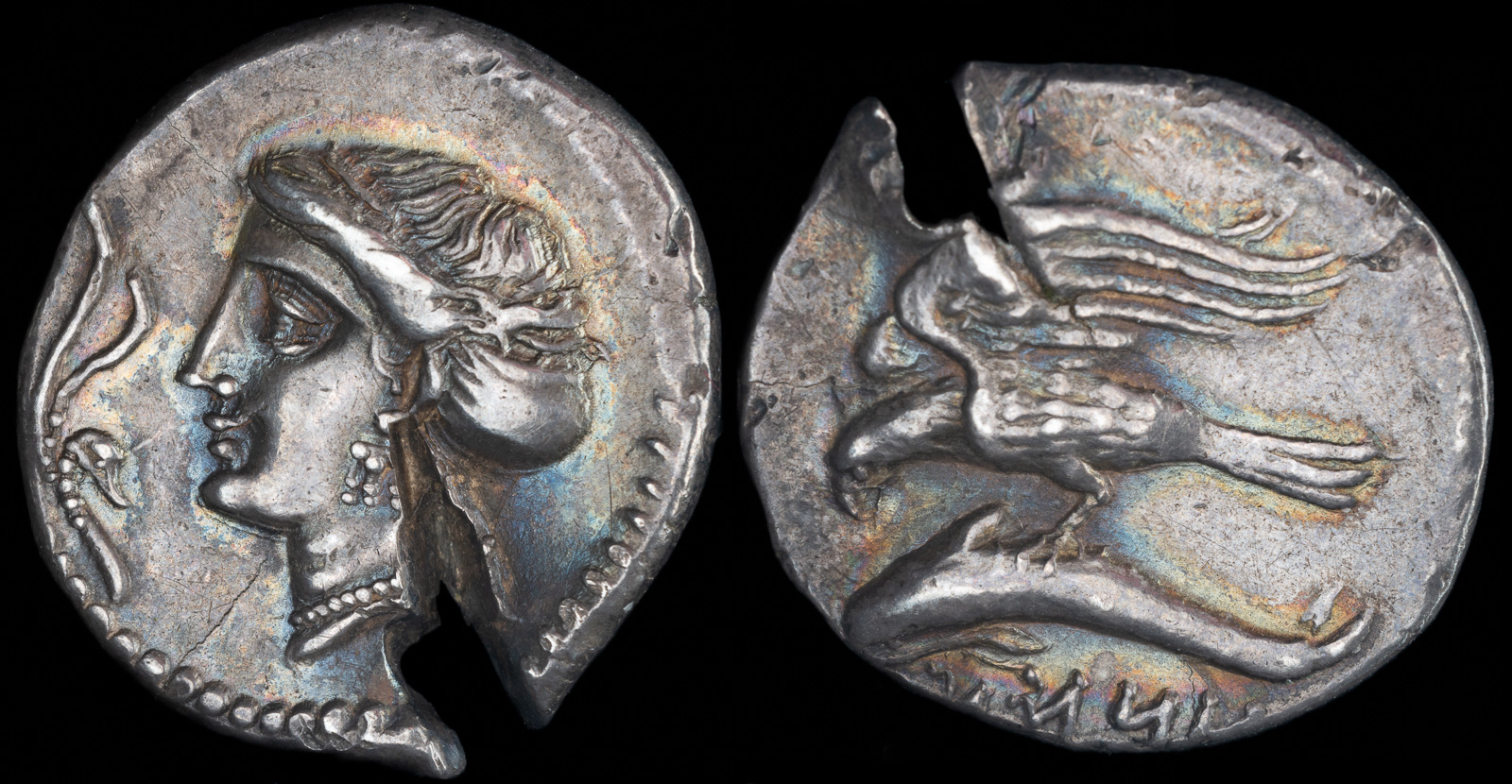Nymph
View All Tags
There were various categories of nymphs, each associated with specific elements of nature. The most well-known include:
Water Nymphs – These nymphs, also called naiads, were associated with fresh bodies of water such as rivers, streams, and fountains. They were often depicted as beautiful young women with flowing hair, living in the waters they protected. The nymphs of lakes and marshes were called limnades, and those associated with rivers were called potamides.
Tree Nymphs – The dryads were tree spirits, especially associated with oak trees, while meliae were associated with ash trees, and nymphs of other tree species were called hamaadryads. The most famous tree nymphs were those who lived in sacred groves, which were thought to be imbued with divine energy.
Mountain Nymphs – The oreads were nymphs of the mountains, cliffs, and caves, and they were often depicted as playful and wild, embodying the untamed nature of the highlands.
Sea Nymphs – The nereids were the daughters of the sea god Nereus, often depicted as graceful maidens who lived in the Mediterranean Sea. They were often portrayed as helping sailors and gods like Poseidon in their sea ventures.
Nymphs played a variety of roles in Greek mythology. They were often the companions or lovers of gods and heroes. For example, Dionysus, the god of wine, was frequently accompanied by nymphs who embodied the joyous and intoxicating aspects of nature. Similarly, Zeus and other gods were known to take nymphs as lovers, resulting in the birth of many famous heroes, like Heracles and Asclepius.
Nymphs were often considered protectors of their respective domains, ensuring the fertility and well-being of the natural world. For instance, the nymphs of springs and rivers were believed to have the power to heal the sick or bless travelers with good fortune. They were closely tied to the seasons and cycles of nature, symbolizing the renewal of life, the beauty of the wilderness, and the connection between humans and the natural world.
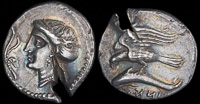
Abdasan, 360-330 BCE
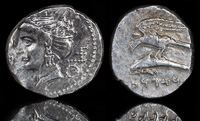
Ariarathes I 325 BCE
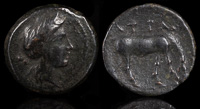
Atrax, Thessaly 3rd-2nd cent BCE

Chalkis, Euboia 290-271 BCE
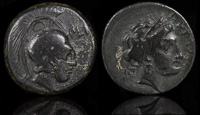
Gyrton, Thessaly 340-320 BCE

Gyrton, Thessaly 340-320 BCE
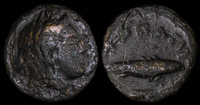
Harpagion, Mysia 400-375 BCE
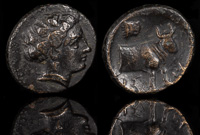
Histaia, Euboia 338-304 BCE
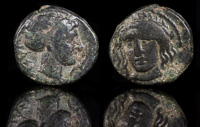
Iasos, Caria 4th-3rd cent BCE
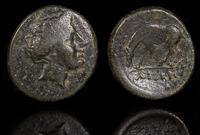
Larissa
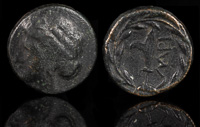
Larissa Kremaste, Thessaly 302-286 BCE

Larissa, Thessaly 380-337 BCE
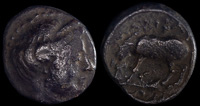
Larissa, Thessaly 380-337 BCE
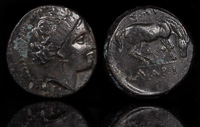
Larissa, Thessaly 4th century BCE
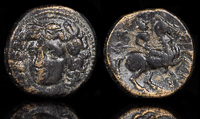
Larissa, Thessaly 4th century BCE
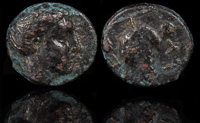
Meliboia, Thessaly 400-350 BCE
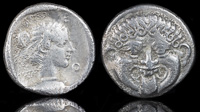
Neapolis, Macedon 375-350 BCE
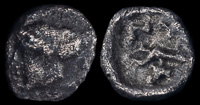
Nymphaion, Cimmerian Bosporos 400 BCE

Phakion, Thessaly 3rd century BCE
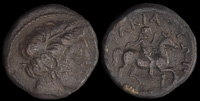
Phakion, Thessaly ca 300-200 BCE

Phalanna, Thessaly 350 BCE

Phalanna, Thessaly 400-250 BCE
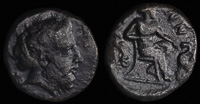
Phalanna, Thessaly 4th century BCE
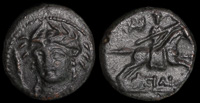
Pherai, Thessaly 300 BCE

Proerna, Thessaly 4th-3rd centuries BCE
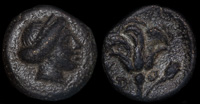
Rhodes, Caria 350-300 BCE
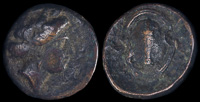
Salamis, Attica 350-318 BCE

Salamis, Islands off Attica 339-318 BCE
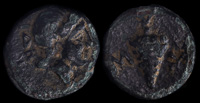
Skamandreia, Troas 350-300 BCE
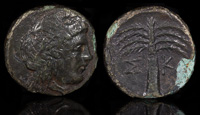
Skamandria, Troas 350-300 BCE
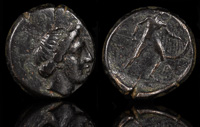
Trikka, Thessaly 400-300 BCE
